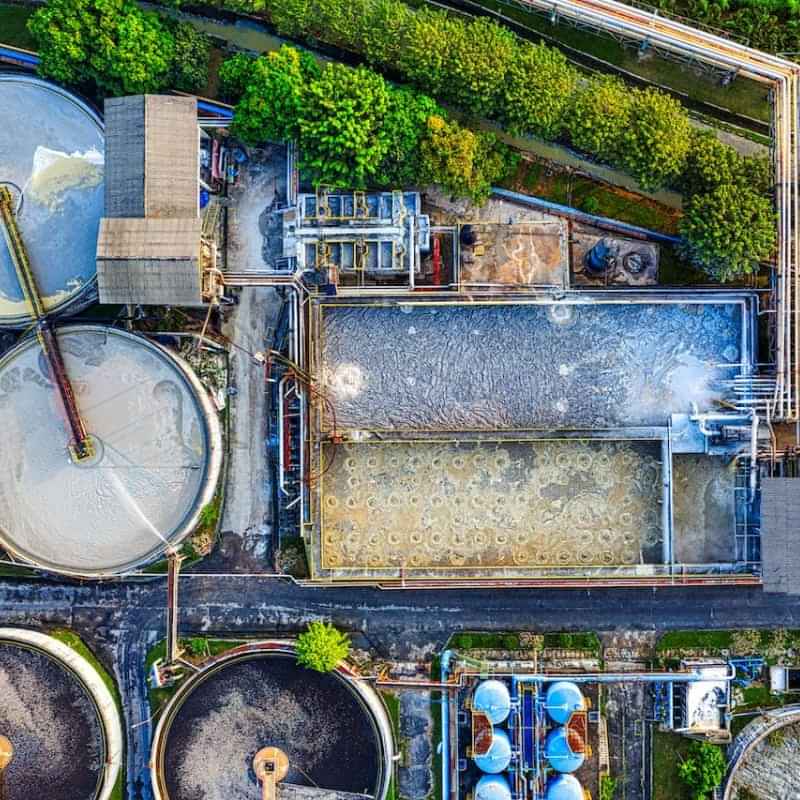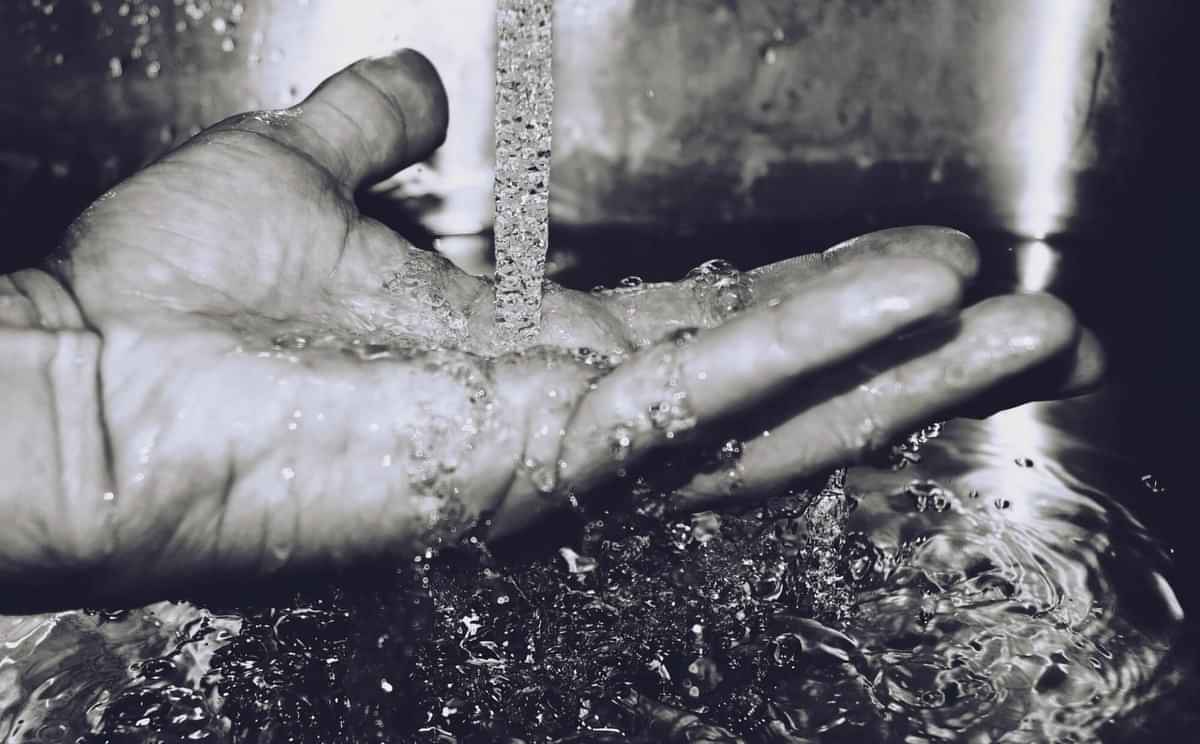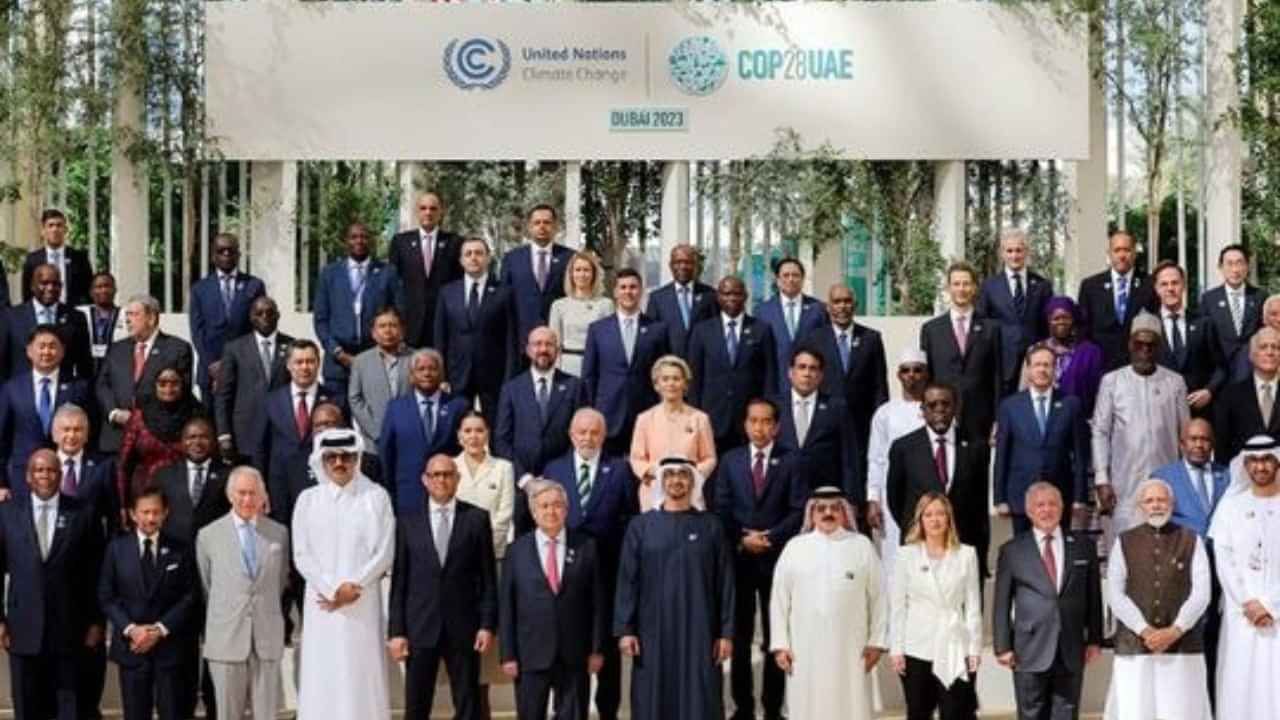The Water Crisis: A Global Threat and an Opportunity for India
Water is essential for life, but it is also a scarce and finite resource. According to a NITI Aayog report from 2018, 600 million Indians face extreme water stress, and by 2030, water demand could be twice the existing supply. This could lead to severe water scarcity for millions of people and a significant loss to the country’s GDP. Read our earlier blog on World War III.
The water crisis is not only a problem for India but also the world. A UN report warns that between two and three billion people worldwide experience water shortages, and these shortages will worsen in the coming decades, especially in cities. Water pollution is another major issue, as it affects the health of humans, animals, and ecosystems. A study found that 65% of all irrigated areas within 40 km downstream of urban centers are affected by untreated wastewater, putting 885 million people at risk of infection.
How to Manage Wastewater: Challenges and Solutions
Wastewater is water that has been used for various purposes, such as domestic, industrial, or agricultural activities and contains pollutants and contaminants. Wastewater management is the process of collecting, treating, and disposing of wastewater safely and sustainably.
Wastewater management is crucial for reducing water pollution, conserving water resources, and improving public health and environmental quality. However, wastewater management faces many challenges, such as:

Lack of adequate infrastructure and technology: India’s current water treatment capacity is 27.3%, and the sewage treatment capacity is 18.6%, which is far from sufficient to meet the growing demand. Many wastewater treatment plants are outdated, inefficient, or non-functional, and there is a huge gap between the generation and treatment of wastewater.
Lack of proper regulation and enforcement: India does not have a specific policy or legal framework for wastewater management at the central level. The existing laws, such as the Water Act of 1974 and the Environment Protection Act of 1986, are not comprehensive or consistent across states, and their implementation and monitoring are weak. There is also a lack of coordination and cooperation among various stakeholders, such as central and state governments, local bodies, industries, and communities.
Lack of awareness and participation: Many people are unaware of the benefits and importance of wastewater management and do not practice water conservation or proper sanitation. There is also a lack of public participation and involvement in wastewater management initiatives, such as citizen monitoring, feedback, or advocacy.
To overcome these challenges, India needs to adopt a holistic and integrated approach to wastewater management, which involves:
Investing in infrastructure and technology: India needs to upgrade and expand its wastewater treatment facilities and adopt innovative and cost-effective technologies, such as membrane bioreactors, anaerobic digestion, or constructed wetlands. India also needs to promote water reuse and recycling, especially for non-potable purposes, such as irrigation, industrial cooling, or landscaping.

Strengthening regulation and enforcement: India needs to develop a clear and coherent policy and legal framework for wastewater management, which defines the roles and responsibilities of various actors, sets standards and norms, and provides incentives and penalties. India also needs to enhance its enforcement and monitoring mechanisms, such as regular inspections, audits, or online reporting systems.
Increasing awareness and participation: India needs to raise awareness and educate the public about the water crisis and the benefits of wastewater management and encourage them to adopt water-saving and sanitation practices. India also needs to foster public participation and engagement in wastewater management initiatives, such as community-based management, public-private partnerships, or citizen science.

India's Potential to Lead the Way in Wastewater Management
India has a huge potential to become a leader in wastewater management, as it has several advantages, such as:
A large and diverse market: India has a large and growing population, which creates a huge demand and opportunity for wastewater management services and products. India also has a diverse and varied geography, climate, and culture, which offers a wide range of challenges and solutions for wastewater management.
A vibrant ecosystem: India has a vibrant ecosystem of stakeholders, such as government agencies, the private sector, civil society, academia, and media, which can collaborate and contribute to wastewater management. India also has a strong and dynamic innovation and entrepreneurship culture, which can foster creativity and experimentation in wastewater management.
A global and regional role: India has a global and regional role and responsibility to address the water crisis, as it is one of the most water-stressed and water-polluting countries in the world. India also has a strategic and diplomatic interest to cooperate and collaborate with its neighbors and partners on water issues, as water is a source of both conflict and cooperation in the region.
By harnessing its potential and overcoming its challenges, India can not only solve its water crisis but also set an example and inspire the world to adopt sustainable and inclusive wastewater management practices.
Contact
Industry


